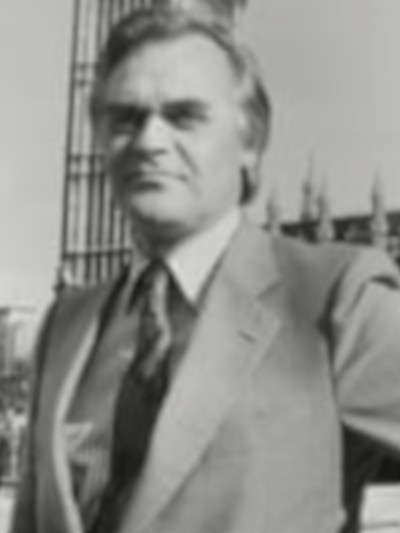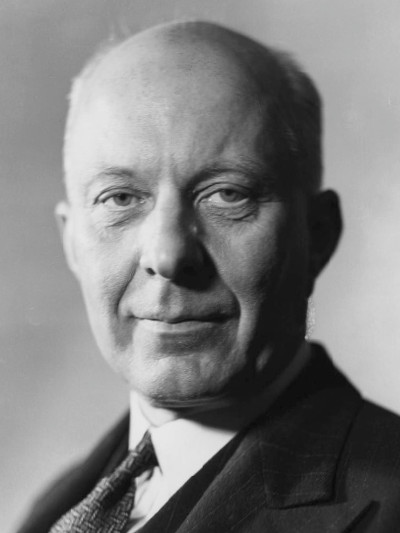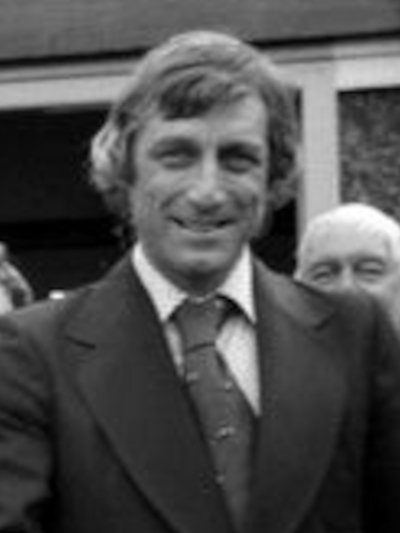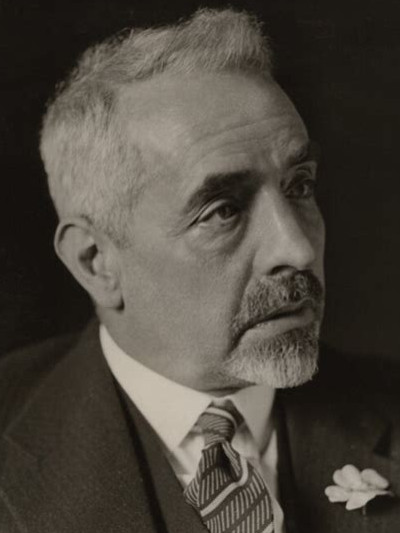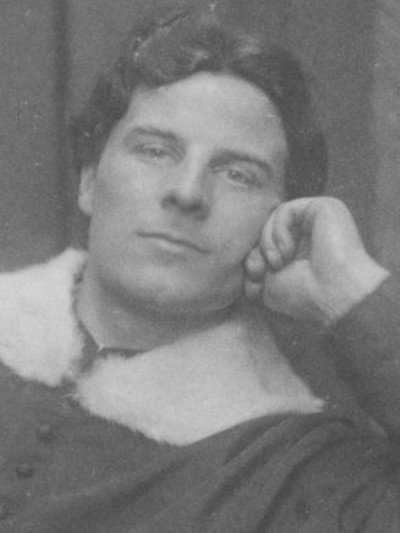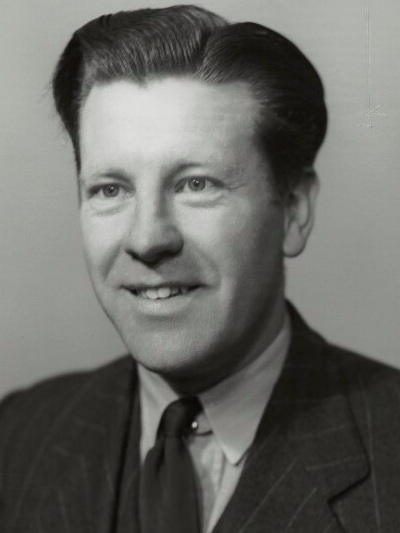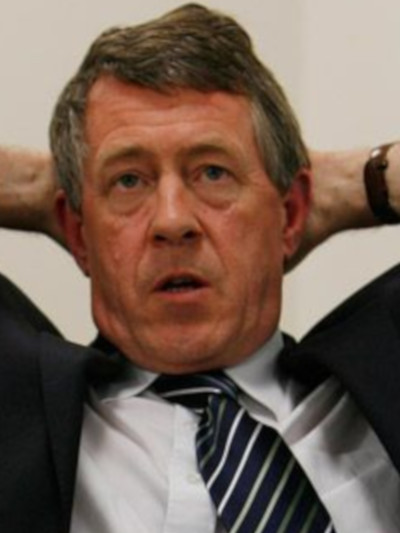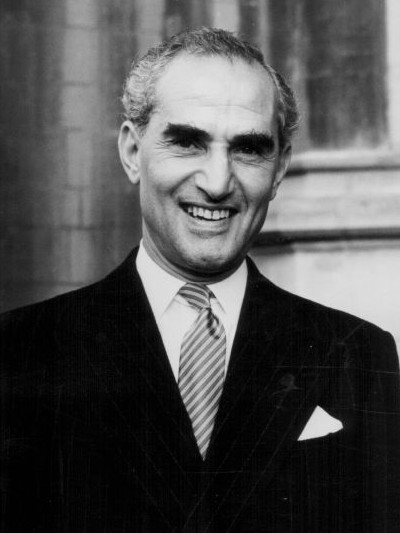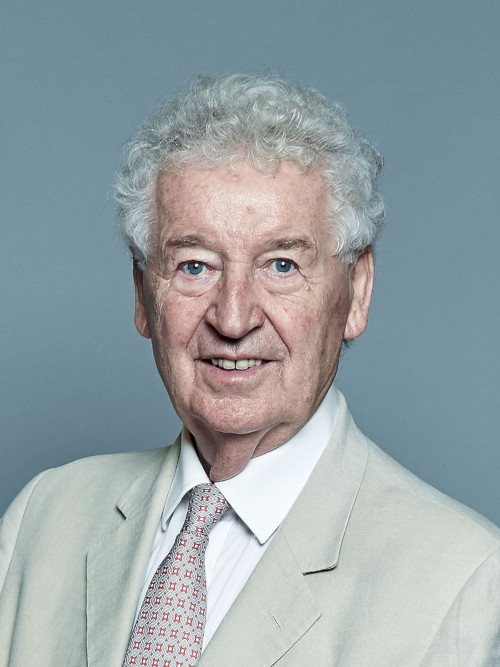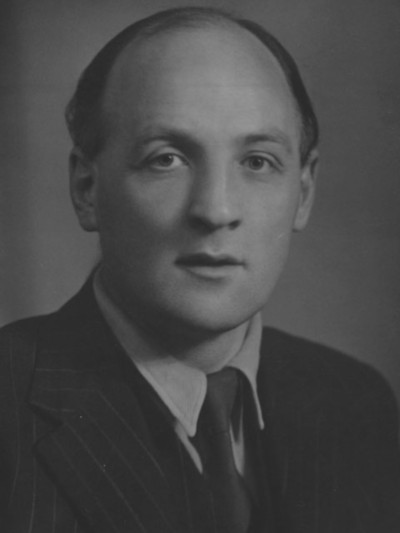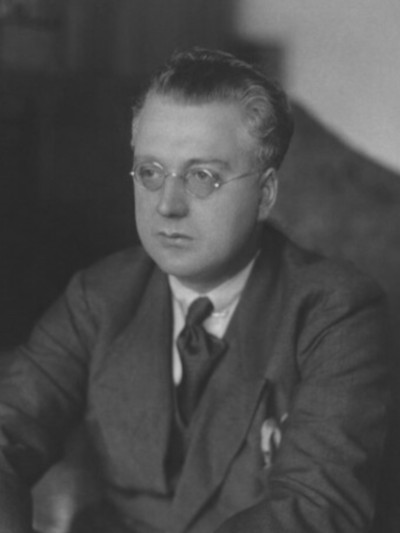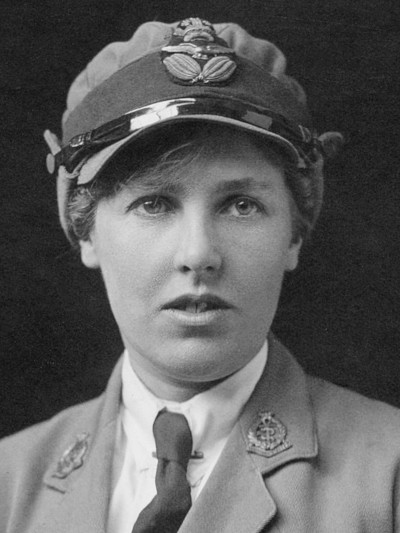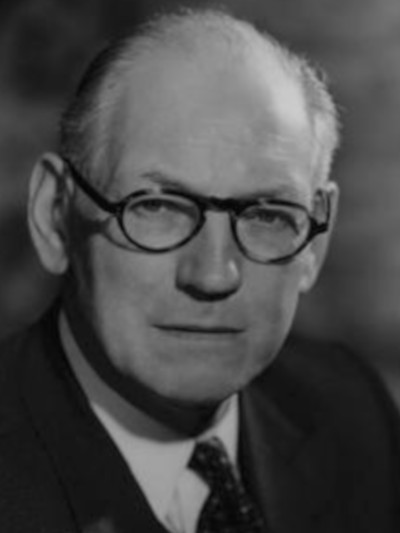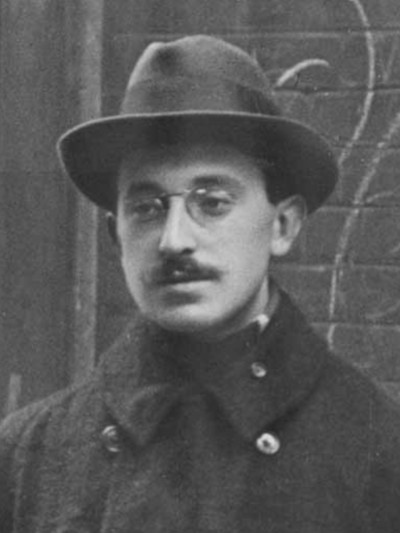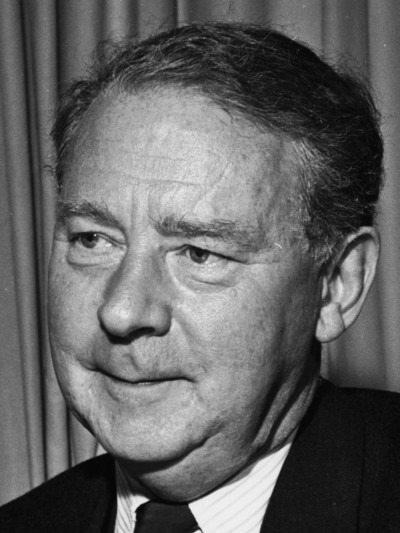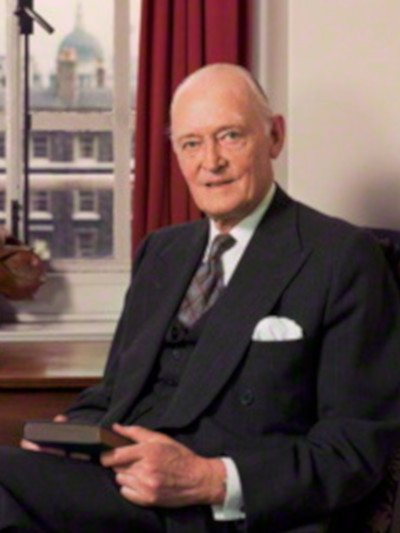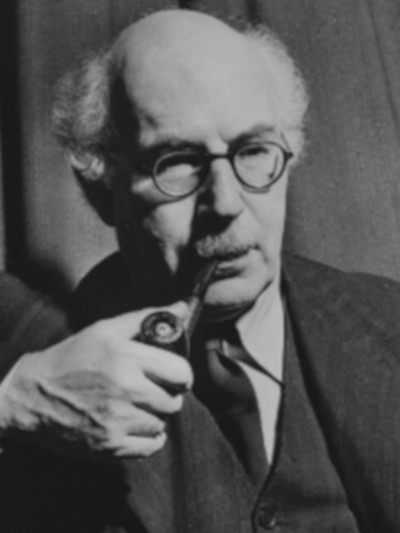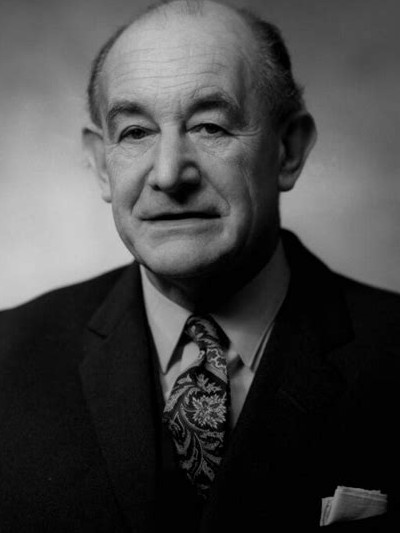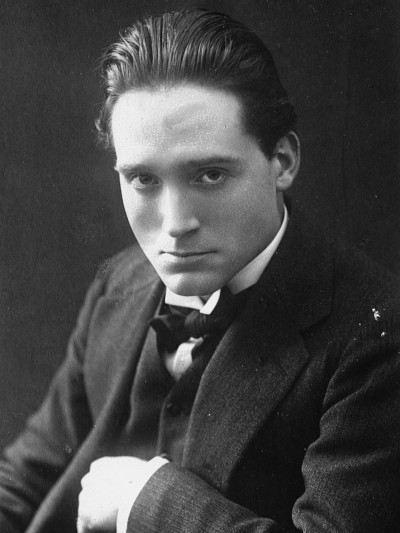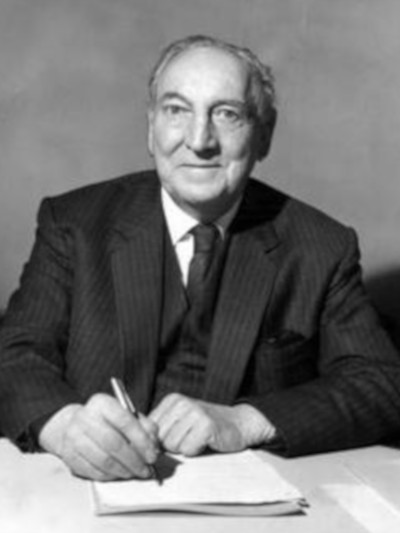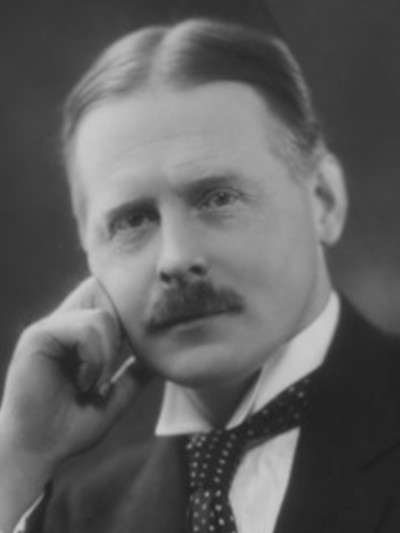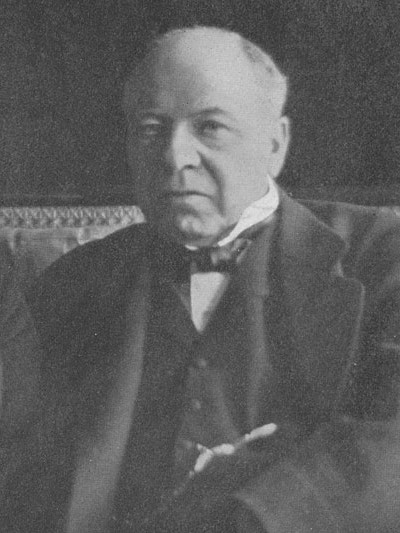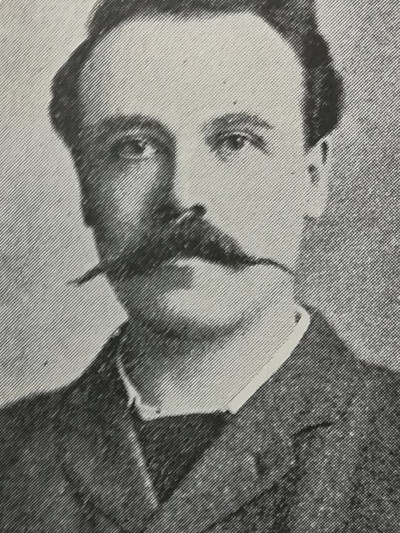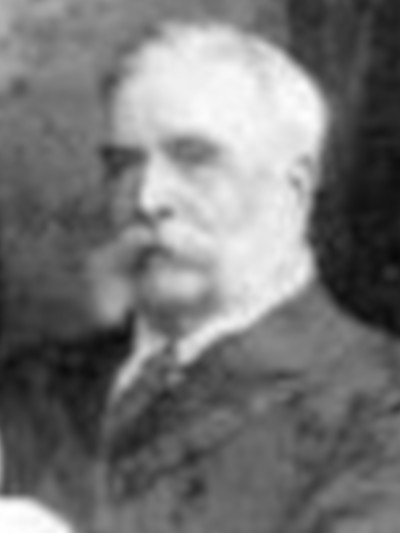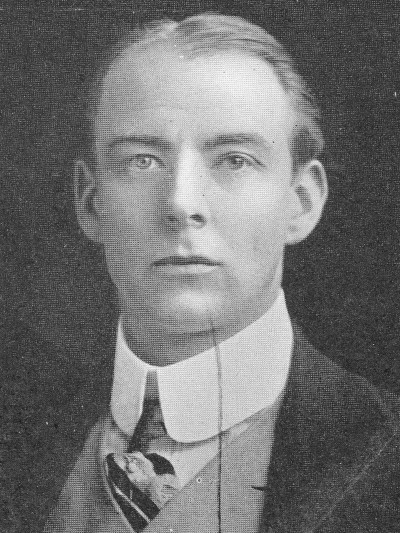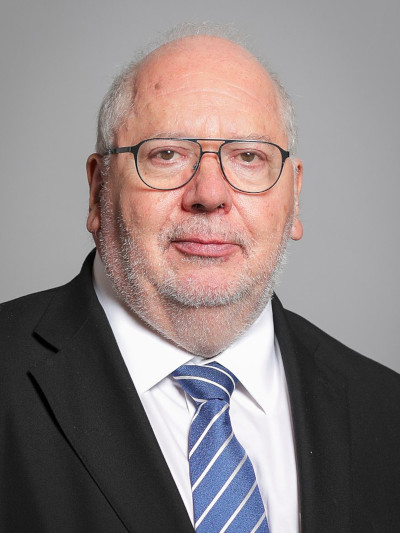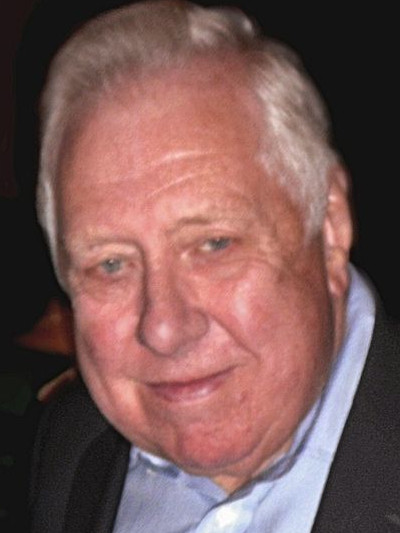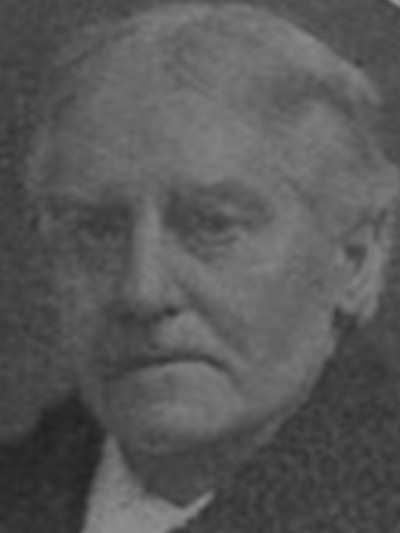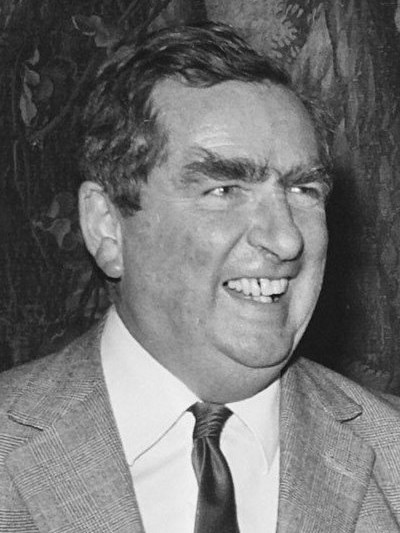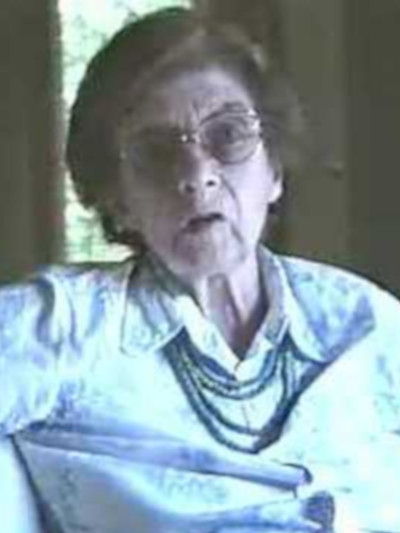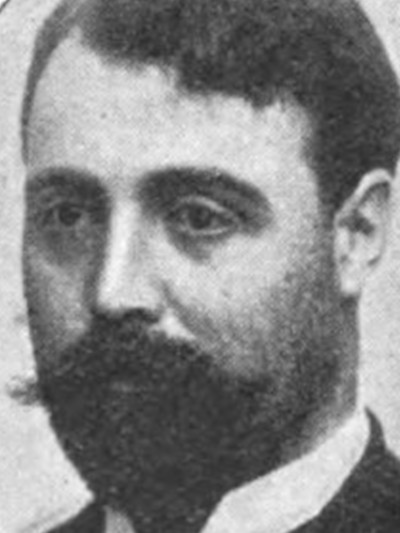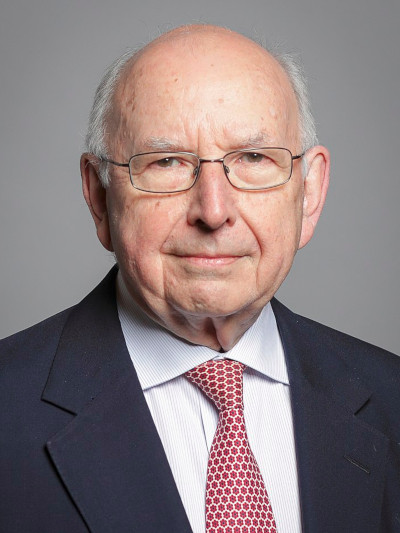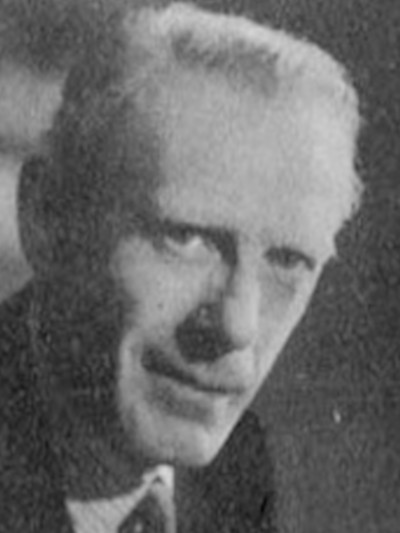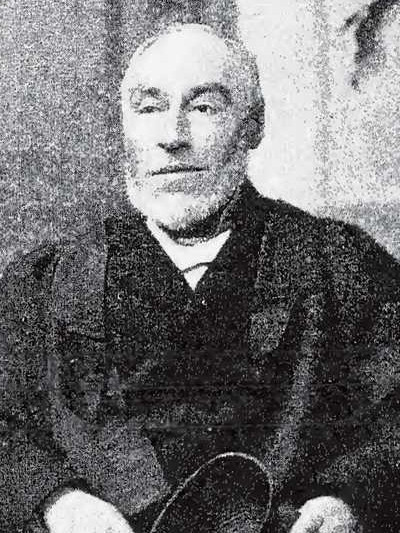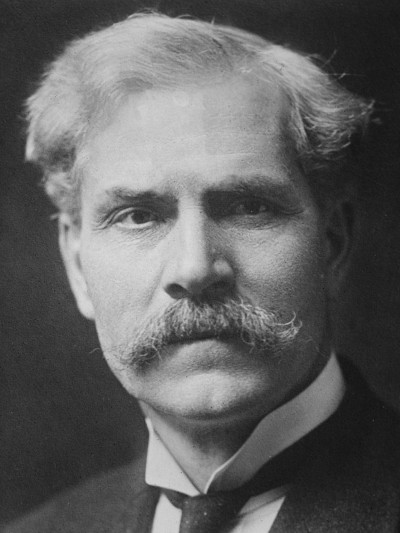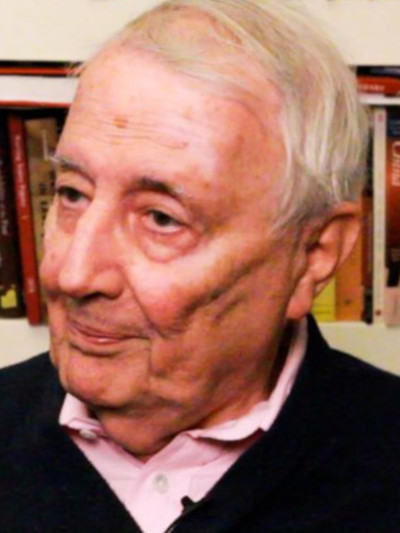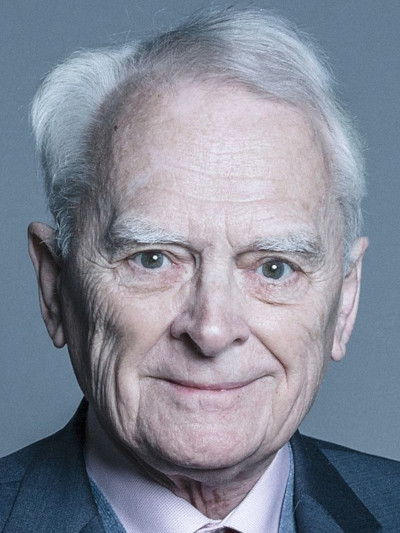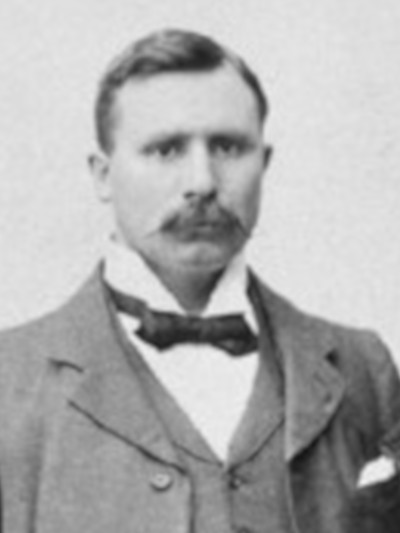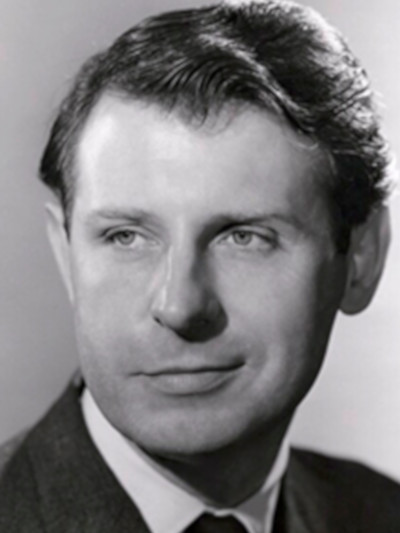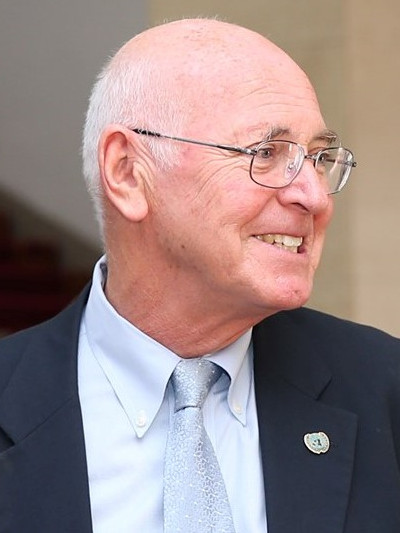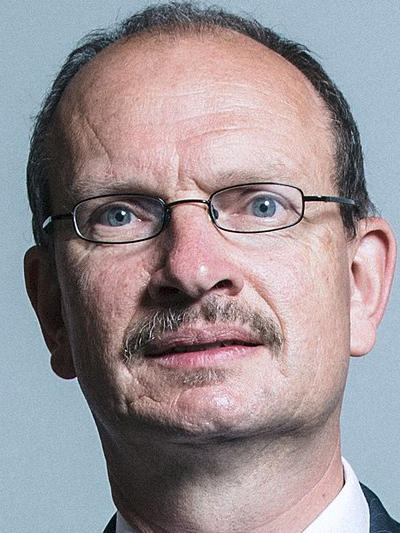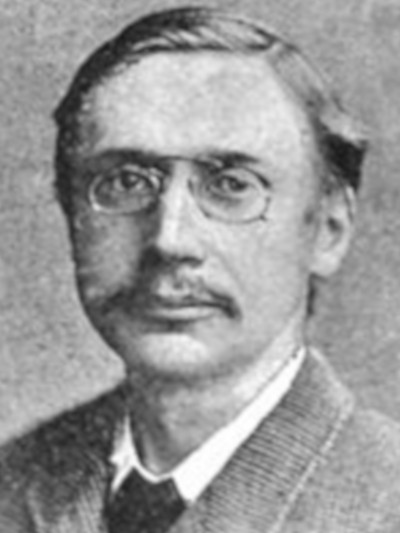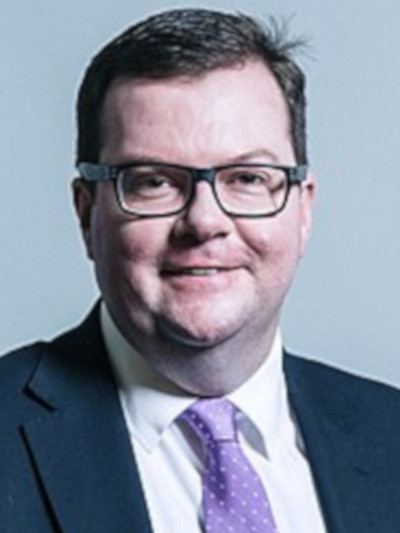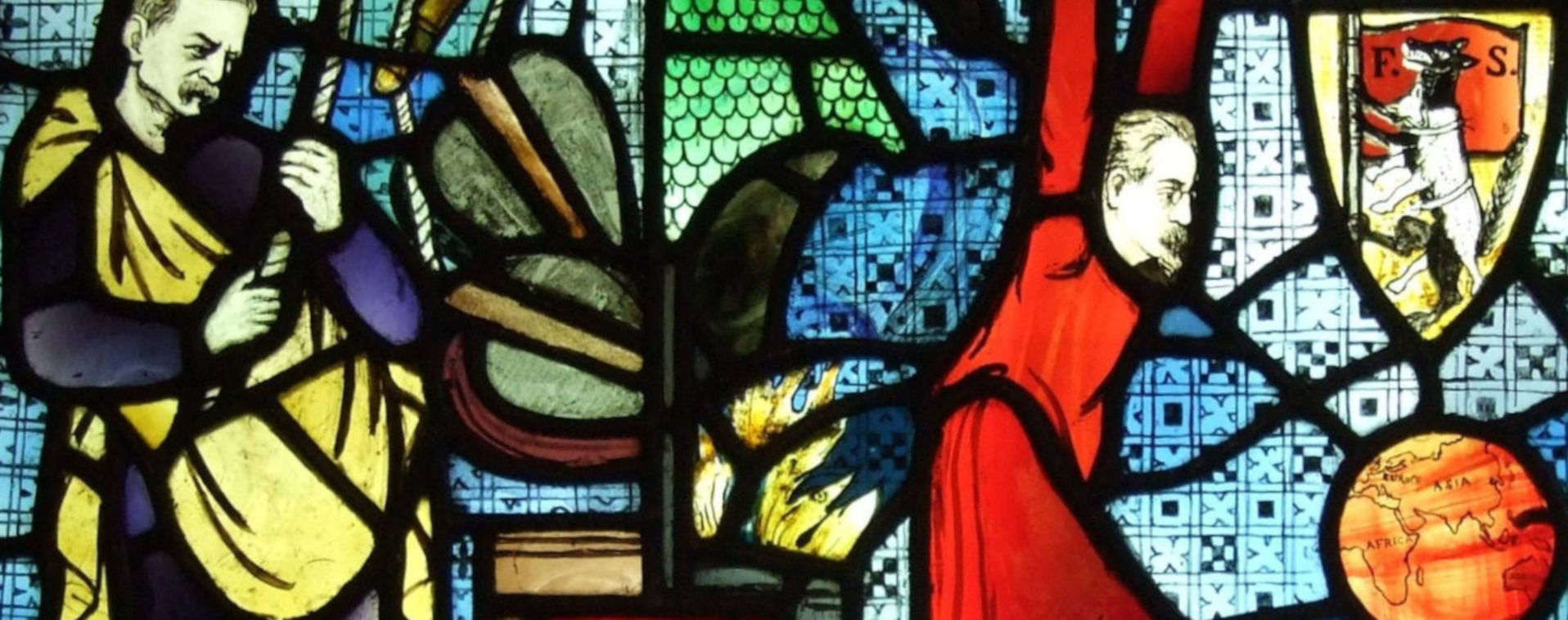
Founders of the Fabian Society are depicted in the famous stained-glass Fabian Window designed by George Bernard Shaw.
Fabian Society
Continued 2/2
Socialism only works in two places: Heaven where they don't need it and hell where they already have it.
Socialised Medicine is the Cornerstone of Communism, If you control a person's health you control the person.

H. B. Holding
British politician, who was prominent in the Fabian Society. Holding worked in the life assurance business for many years, becoming an inspector. Joined the Fabian Society in 1890, and served on its executive committee from 1894 until 1896. Came to prominence when living in Wood Green.
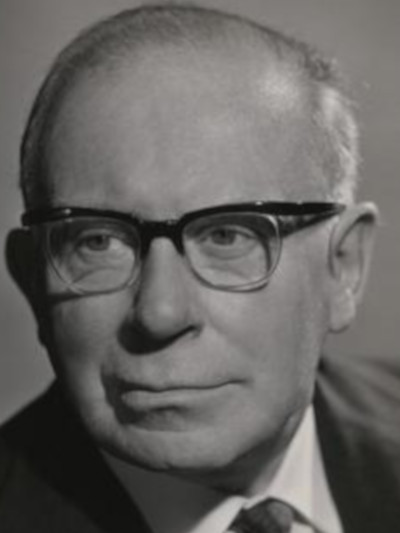
Douglas Houghton
British Labour politician. General Council of the Trades Union Congress from 1952 to 1960. Panel member of a BBC radio programme Can I help You? between 1941 and 1964. Connections with London Labour Party gave him Alderman of London County Council - the forerunner of Greater London Council.

John Hughes
Labour Member of Parliament, House of Commons speaker ordered him out of the chamber, when during prayers he asked the clergyman not to bless the house in protest at the social impact of the government's policies. Labour Chief Whip, Derek Foster went on to endorse the protest by Mr Hughes as "utterly sincere.".
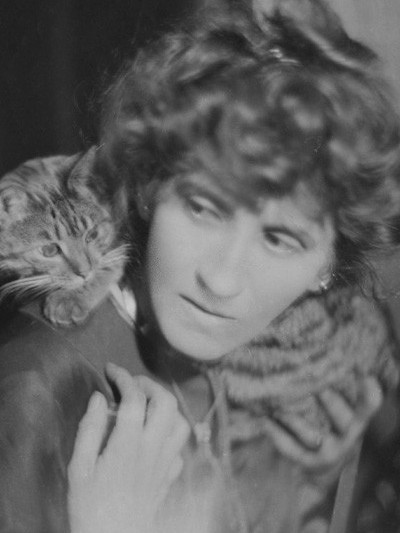
Violet Hunt
British author and literary hostess. She wrote feminist novels. She founded the Women Writers' Suffrage League in 1908 and participated in the founding of International PEN. Brought up in the Pre-Raphaelite group, knowing John Ruskin and William Morris. Her novels were works of the New Woman genre.

Elizabeth Leigh Hutchins
British social researcher and socialist activist, one of the first students at the LSE. Wrote more than twenty works on matters relating to women's work, including History of Factory Legislation, and Women in Modern Industry. Lectured at King's College on behalf of the Women's Industrial Council.
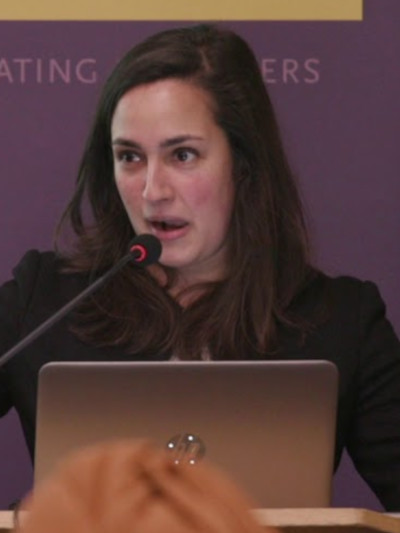
Sara Ibrahim
Former Chair of the Young Fabians, Barrister and British Labour Party activist. As Chair she oversaw the expansion of the Young Fabian Networks, with the formation of the Health Network and published the Young Fabian Pamphlet, Ambitions for Britain's Future. Served the Equality and Human Rights Commission.
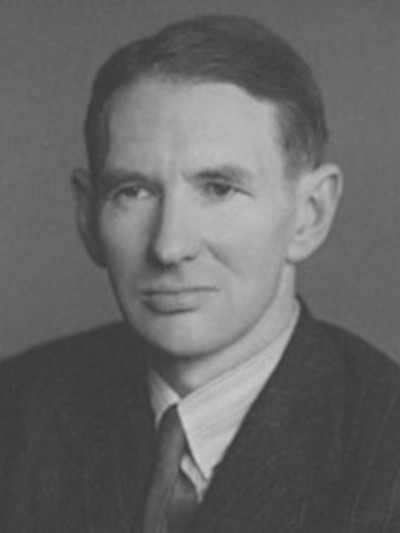
Douglas Jay
British Labour Party politician and senior figure in the XYZ Club, a clandestine organisation in the City of London dedicated to supplying Labour with financial intelligence. Served as Economic Secretary to the Treasury, Financial Secretary to the Treasury and President of the Board of Trade.
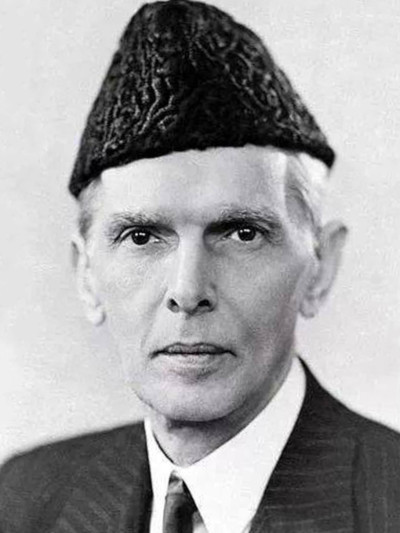
Muhammad Ali Jinnah
Barrister, politician, and the founder of Pakistan; served as the leader of the All-India Muslim League. Several universities and public buildings in Pakistan bear Jinnah's name. He is revered in Pakistan as the "Great Leader" and "Father of the Nation". His birthday is also observed as a national holiday in the country.

James Johnson
British Labour Party politician and Member of Parliament (MP). Johnson was a lecturer in social studies at Coventry Technical College and an official for the National Union of General and Municipal Workers in Kenya. He served as a councillor on Coventry City Council. Served as a parliamentary private secretary.
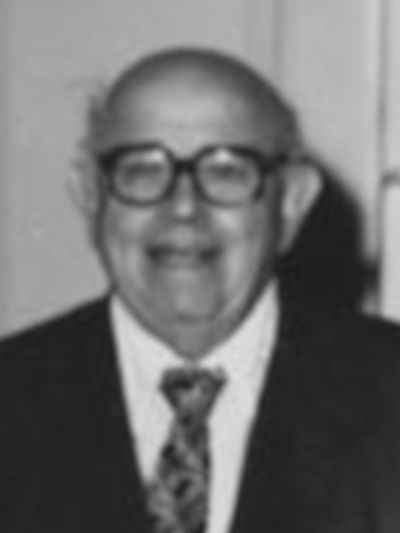
Nicholas Kaldor
Hungarian-born economist. Developed "compensation" criteria called Kaldor–Hicks efficiency for welfare comparisons, derived the cobweb model, argued for certain regularities observable in economic growth, which are called Kaldor's growth laws. Invited by then Prime Minister of India—Jawaharlal Nehru to design an expenditure tax system for India.
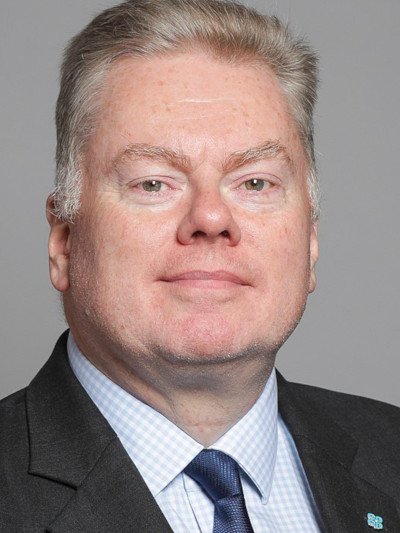
Roy Kennedy
British politician and life peer serving as Chief Whip of the House of Lords since 2024. He is a member of the Labour and Co-operative Parties. Kennedy is married to Alicia Kennedy, former Deputy General Secretary of the Labour Party, who sits alongside him as a life peer in the Lords. Kennedy held the title of Honorary President of the National Pubwatch.

Gavin Kitching
Author and professor of social sciences and international relations, and fellow of the Academy of the Social Sciences in Australia. Since the early 1990s he moved to analysing post-soviet Russia during the process of de-collectivisation of land. Won the Herskovitz Prize for research and published work focussed on development in Africa.
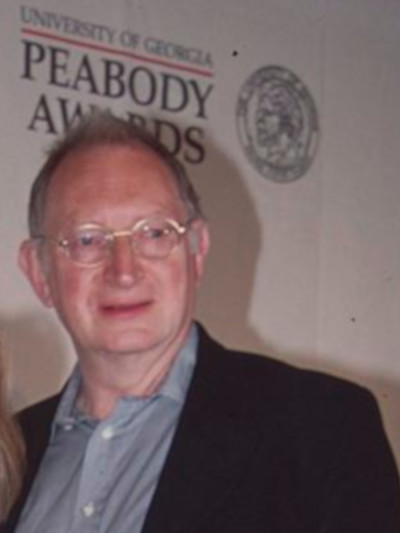
Brian Lapping
Journalist, television producer and historian. Lapping is also the chairman and founding member of Brook Lapping, a television and radio production company focused on the production of historical documentaries. Editor of Venture, the Fabian Society's monthly journal, and deputy editor of the influential social science magazine New Society.

Susan Lawrence
Labour Party politician, one of the earliest female Labour MPs. Joined the Fabian Society, becoming close to Sidney Webb, and especially to his wife Beatrice Webb. In 1924, Lawrence visited Soviet Russia and spent six months travelling widely. Unlike the Webbs and other Fabians who went to Russia she did not believe everything the Bolsheviks alleged to foreign visitors.
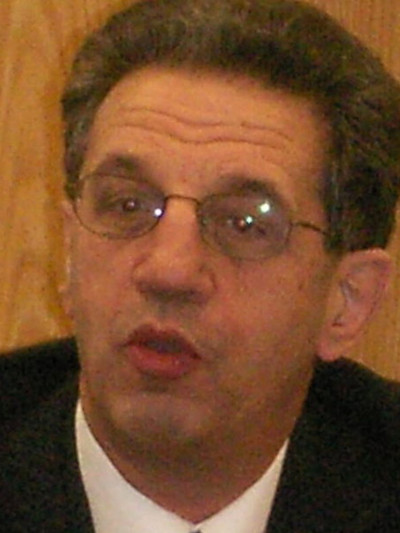
Julian Le Grand
Academic specialising in public policy. He is the Richard Titmuss Professor of Social Policy at the London School of Economics (LSE) and was a senior policy advisor to former Prime Minister Tony Blair. Le Grand is the author, co-author or editor of seventeen books and over ninety articles on economics, philosophy and public policy.
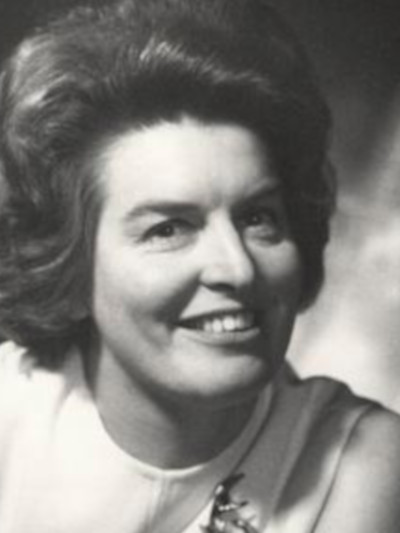
Joan Lestor
Labour politician. She was MP for Eton and Slough and MP for Eccles. Member of the Socialist Party of Great Britain. Lestor was one of the founding editors of anti-fascist monthly, Searchlight, though that magazine had only a tenuous connection to the current publication. No longer an MP, Lestor worked for the World Development Movement.
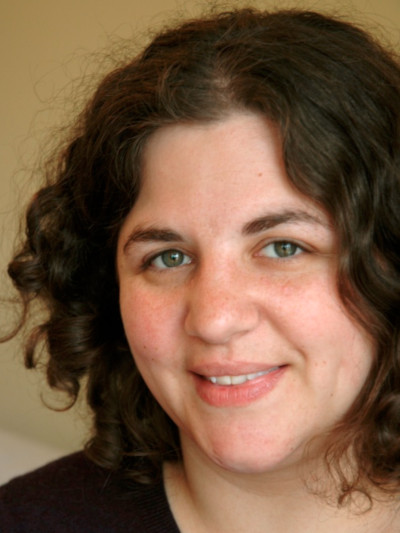
Ellie Levenson
Freelance journalist and author for The Guardian, New Statesman among and occasional columnist for The Independent, writing opinion pieces and topical features on social policy and cultural theory. Editor of Fabian Review for the Fabian Society, where she edited Fabian Thinkers: 120 years of progressive thought. Wrote "The Noughtie Girl's Guide to Feminism".

Arthur Lewis
Labour Party politician. In 1981, after 36 years as an MP, Lewis was deselected as Labour candidate by his local constituency Labour Party, which he said had become "100 per cent Trotskyist, Militant Tendency, Communist and IRA supporters". By this time he was refusing to attend local party meetings or hold "advice surgeries" for his constituents.

Charles Mostyn Lloyd
Academic, magazine editor, and socialist activist active in the Independent Labour Party and the Labour Party. Covered the Versailles Peace Conference for the Manchester Guardian, and then began lecturing at the London School of Economics. Heavily involved with the production of the New Statesman.

Oliver Lodge
English physicist, inventor and Christian Spiritualist. As a pioneer of spiritualism Lodge persued his pseudoscientific research into life after death becoming a topic on which he wrote many books. He was a member of The Ghost Club, and served as president of the London-based Society for Psychical Research.

Frank Pakenham
Politician and social reformer famed for championing social outcasts and unpopular causes. His ultimately unsuccessful campaign for the release of Moors murderer Myra Hindley attracted much media and public controversy. A member of the Labour Party, he was one of its longest-serving politicians.

Alex Lyon
Labour politician introduced the United Reformed Church Bill, which became the act which created the United Reformed Church from a union of Presbyterian and Congregationalist churches in England and Wales. Lyon married Clare Short a civil servant who later became a Labour MP and cabinet minister.
